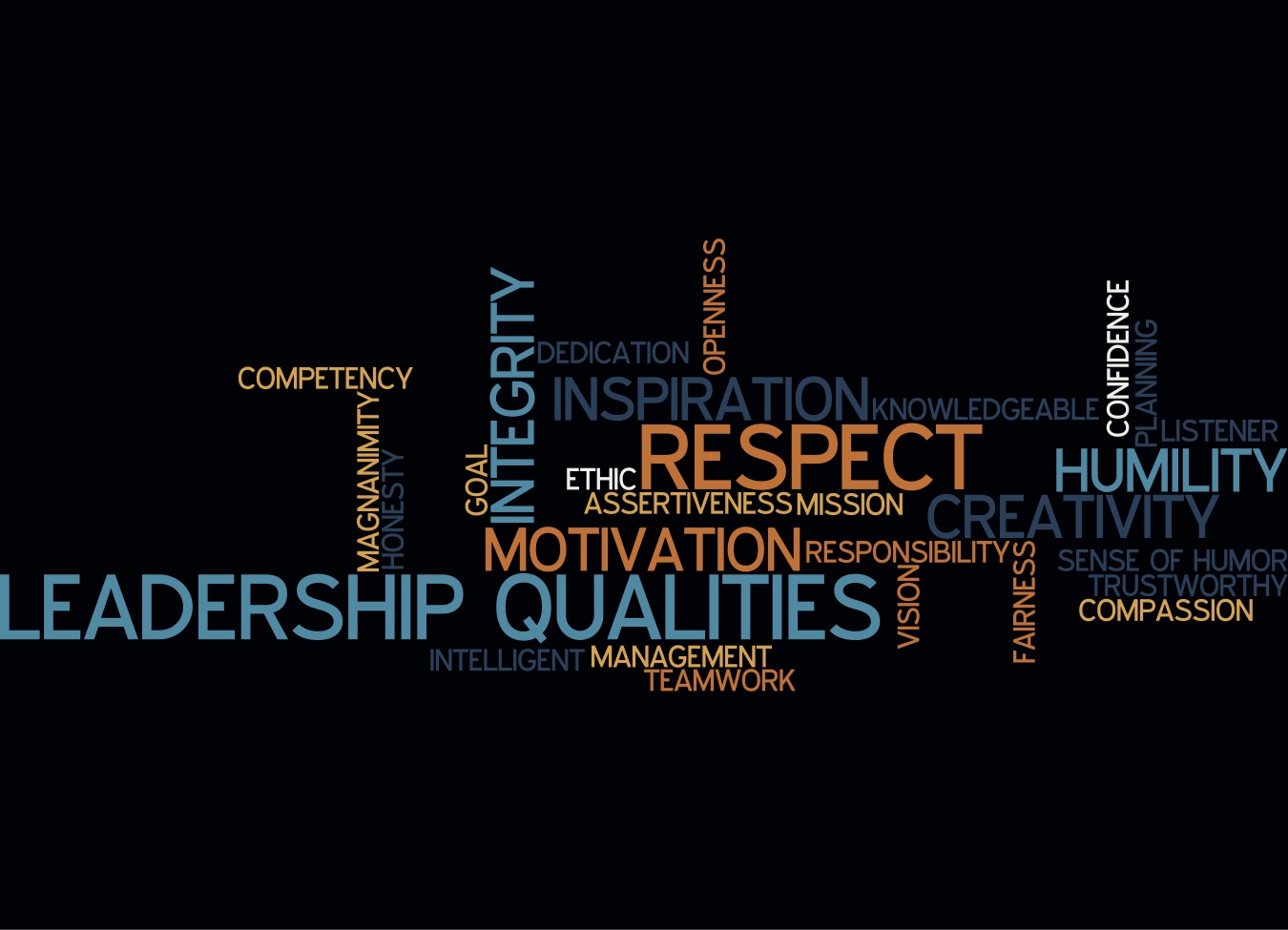As your scheduled exam day approaches, your stress level will surely increase. Taking an exam when you are well into your career is not the sort of activity that most adults look forward to. Therefore, it will take a positive attitude and good preparation. You will need to think back to when you were a student last and possibly change a few things in your personal organization and your day-to-day life. What will be your main activities before taking the exam? What are the main difficulties our Alumni faced?
This posts in this blog offers a selection of Alumni stories. Read about how they managed their exam preparation, what study methods they used, and how they dealt with stress. Learn valuable tips from people who have walked the same path you are on. We hope their stories will inspire you to refine and improve your own exam preparation plan.
We have made a selection of useful PMP certififed stories. Read about how they managed their exam preparation, what study methods they used, and how they dealt with stress. Learn valuable tips from people who have walked the same path you are on. We hope their stories will inspire you to refine and improve your own exam preparation plan.

Story No. 1: PMP STUDY CHALLENGES
“I organized my study time by devoting each week to a certain knowledge area. I would study intensely by reading and re-reading the material, and then during the weekend I would dive into the practice quizzes. Then, after reviewing all the material, I took the three practice tests. And boy was I glad I did! The questions in the practice exam reflected the difficulty and types of questions I would see during the exam.“
Story No. 2: STICK TO YOUR PLAN
I had commandeered a space in my house for PMP studying, and one of the things I did that helped a great deal was to post on the walls easel-sized post-its of the process groups and knowledge areas chart. Each day, I attempted to recreate it, memorizing more and more, until I had it down. I also developed a one-page brain dump that I memorized and refined each day. I used flash cards extensively as a study tool (I had one for each process and formula, as well as concepts.)
My technique was to make many, many cards, and eliminate them as I learned them. I had the cards on two circle rings (one learned deck, and one working/learning deck), and I would transfer cards back and forth as necessary. Finally, I supplemented actual study time with podcasts (lots out there) that I listened to while in the car, exercising, etc. You would be surprised how much you will remember if you have an engaging speaker.[…]
This intensive studying process continued for about another month. I made sure I did a four hour simulated test at least once a week for that month of studying. By the final week before the exam I was in review mode. I had a final binder, my flash cards went from about a hundred to 25 at most, and I took off two days before the exam to do one final simulated test, take all Rita’s tests again, and practice my formula “brain dump.”
While it sounds like a lot, you will get into a groove as long as you have a study plan, use the best tools available, and stick to your plan.”
Story No. 3: LEARNING STYLE
“When preparing for the PMP exam, I took a week off and attempted to immerse myself in project management study material. My best friends during that span was the PMBOK that is free if you are a PMI member. I have always been a person who studies better on my own. When others are around, I feel like they’re a distraction. I recall participating in a study group one time in which several individuals were asking questions of me and others. My focus was interrupted and reading the body language of others, they also appeared to have lost their train of thought as well.
When I finally did take the exam, I think what helped me in choosing my answer was going through multiple choice mock exams. The format between the actual exam and the mock exams were somewhat similar (e.g., computer-based, multiple choice, etc.). I set a timer when taking the mock exams which helped me budget my time better when taking the real thing.”
Story No. 4: STUDY TIPS
“The PMBOK… I would always skim it. It’s like reading a dictionary. Booooring! There are PMP apps available for your phone. Download them, so when you have a few spare minutes in the drive-through window, you can quickly go through some notes.d.). Flashcards that I made from index cards. There are many processes with more than about 500 inputs, outputs, and tools and techniques that you basically have to memorize. You need to know these for the test. They’ll give you some long question, and say, “Bob is in this process…as a PM what should he do next?” and there will be a list of four options… but they’ll be answers to different processes. So you have to know the right one.”
Story No. 5: MY PMP PREP
“My test preparation was done over the course of 3 to 4 months. It started with one of those free sample tests, which jarred me into reality; passing this test was not easy, and I needed to take my preparation seriously. Because I believe in-person/on-site training sessions do not have enduring benefit, I wanted to self-prepare for the PMP exam. Based on this first epiphany, I spent time researching self-preparation websites that could help me.
The incremental and progressive learning approach fit very well with how I learn. Although I did much better with my next full practice exam, it was necessary for me to drill, and drill, and drill.
Between the training regimen and my heavily noted and dog-eared copy of PMBOK, I did quite well with my last 2 full practice exams. My confidence was strong enough to schedule the exam. Up to the day before, I continued drilling and practicing. Test day followed a good night’s sleep. 10+ years later, and as a PMP, my career is going great and I still taking online PDU course!”
PMI, PMBOK, PMI talent triangle and PMP are registered trademarks of the Project Management Institute, Inc. All other trademarks are trademarks of their respective owners.
We do not endorse or recommend any particular training or services. We provide information only which we hope are helpful.
